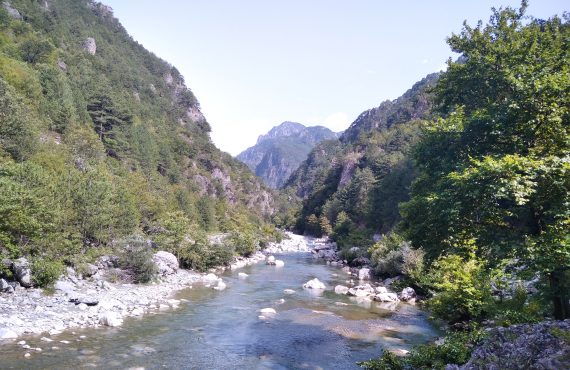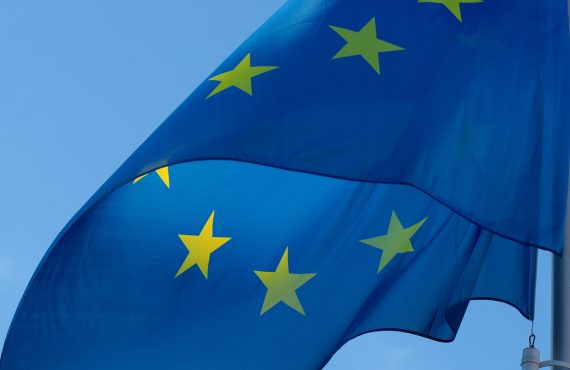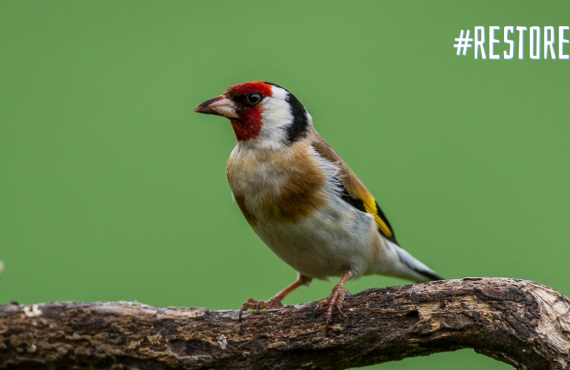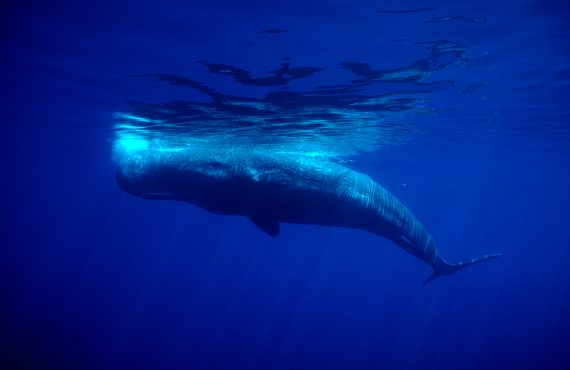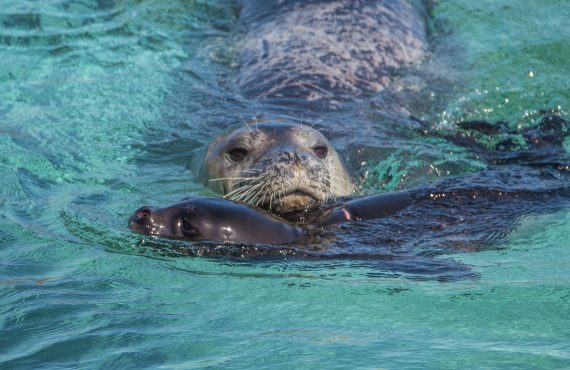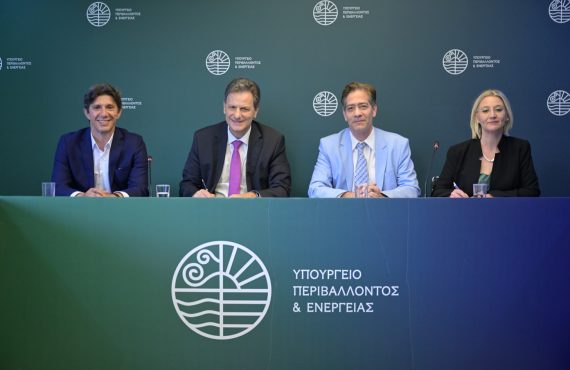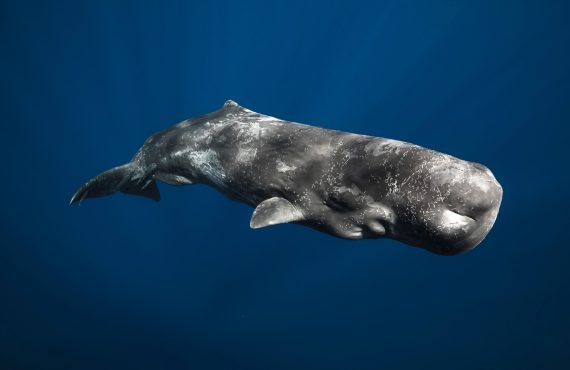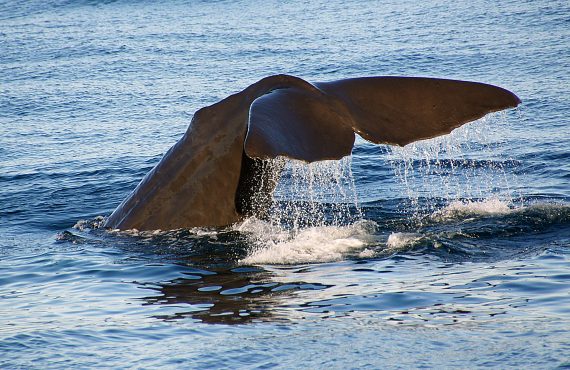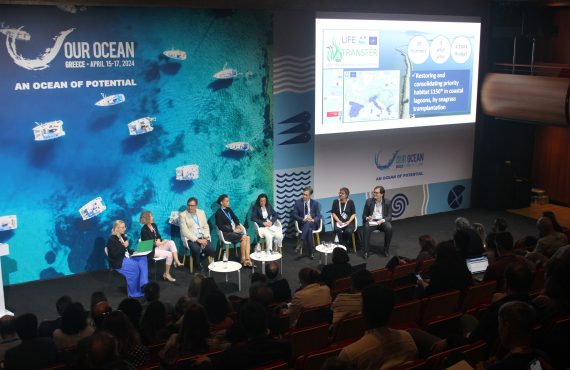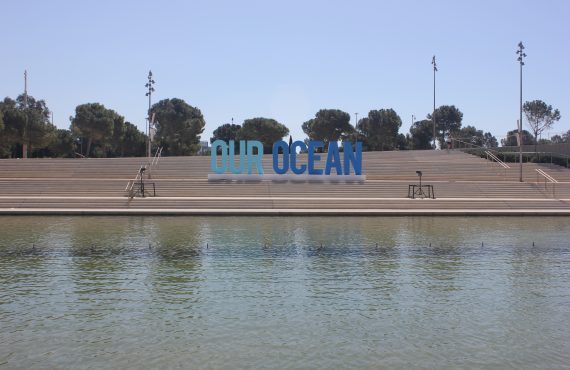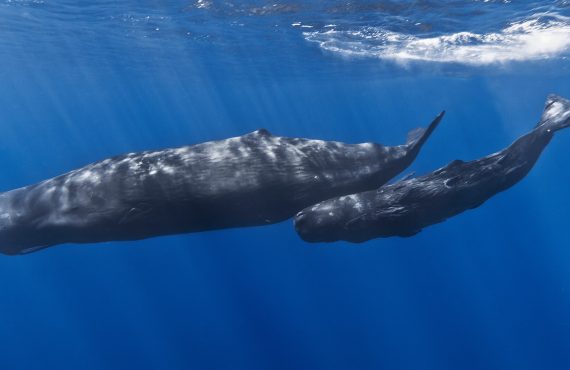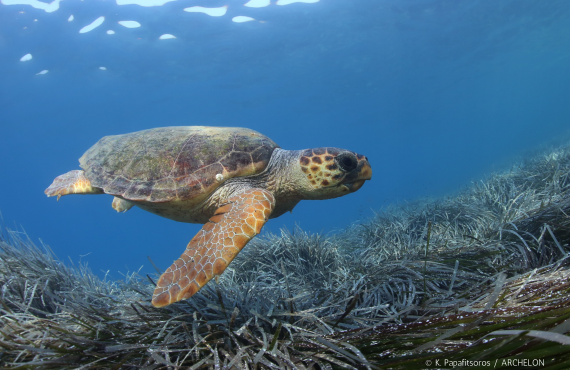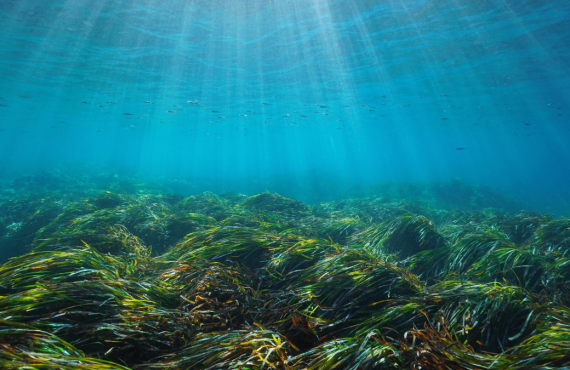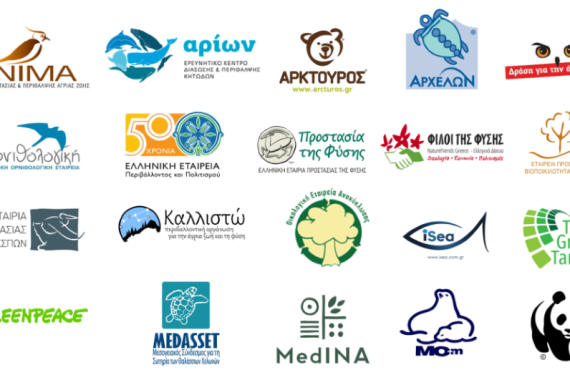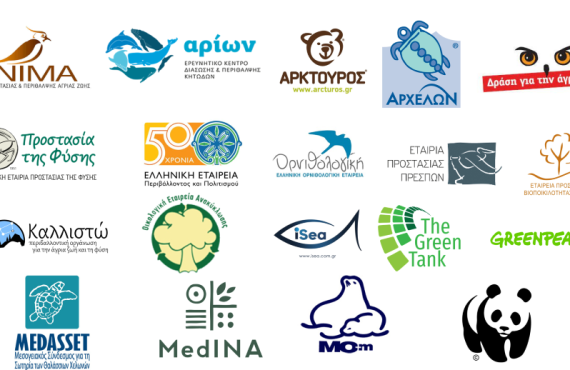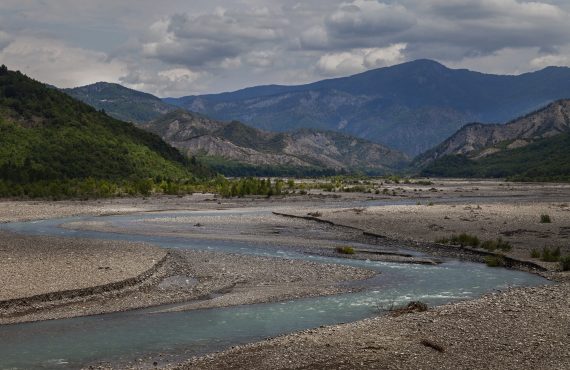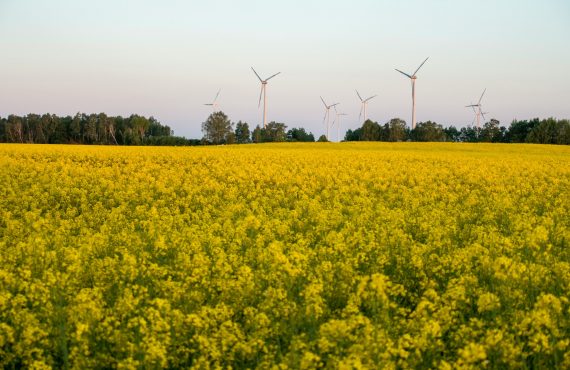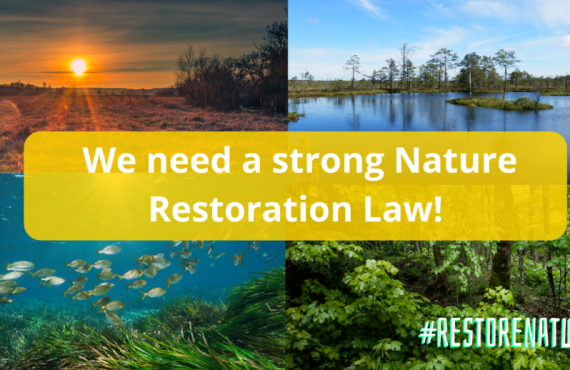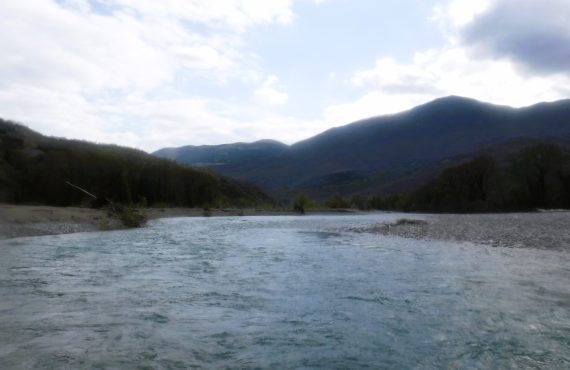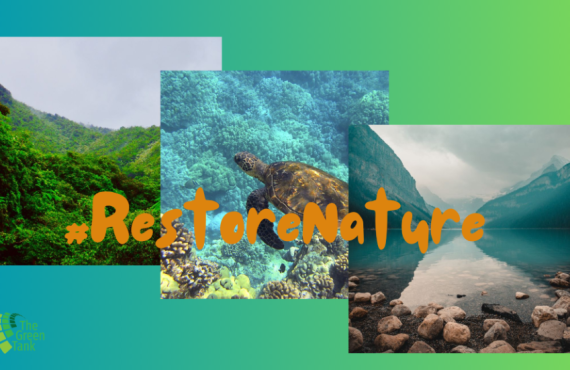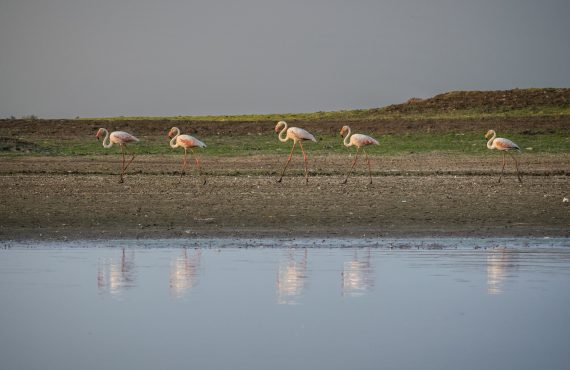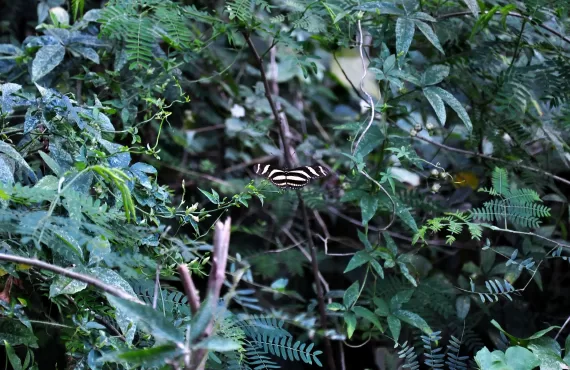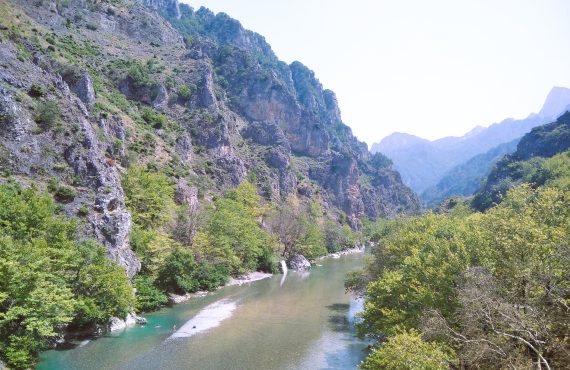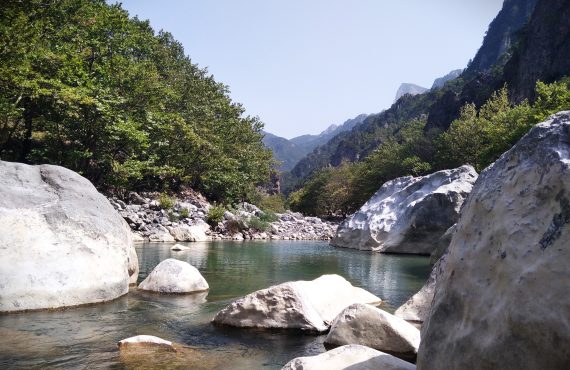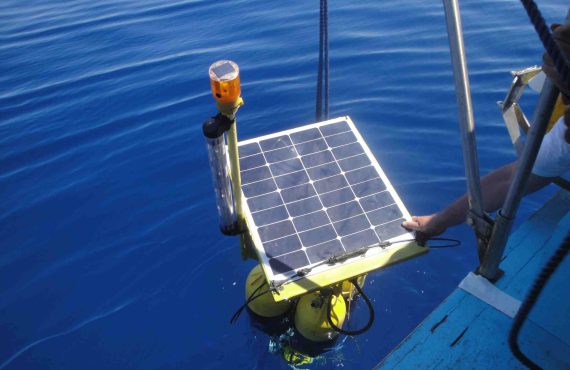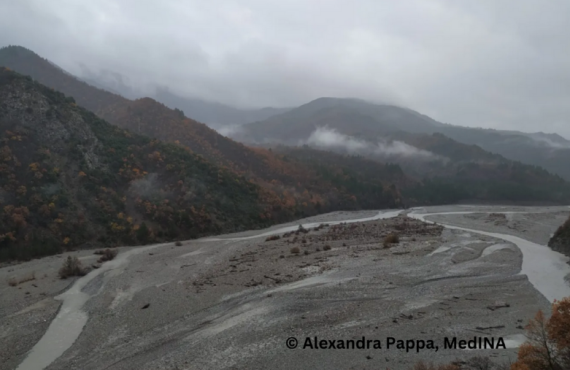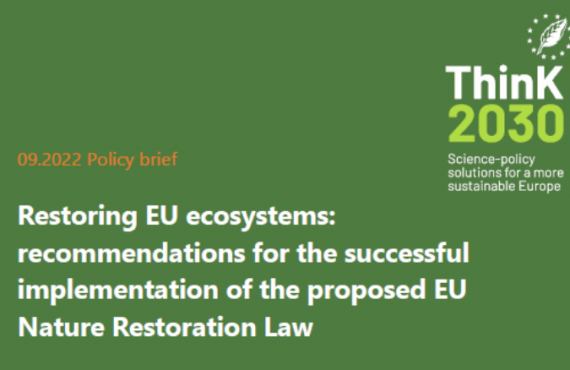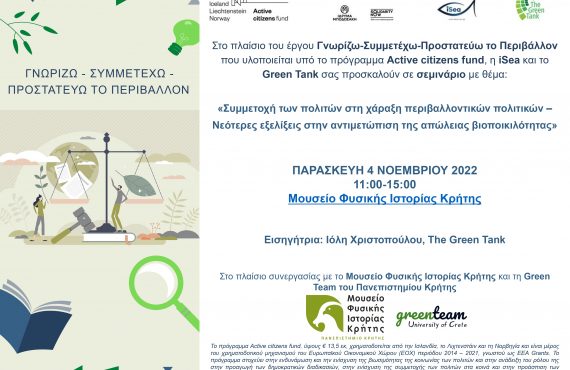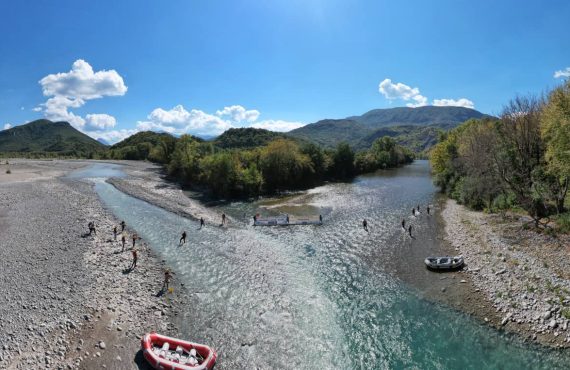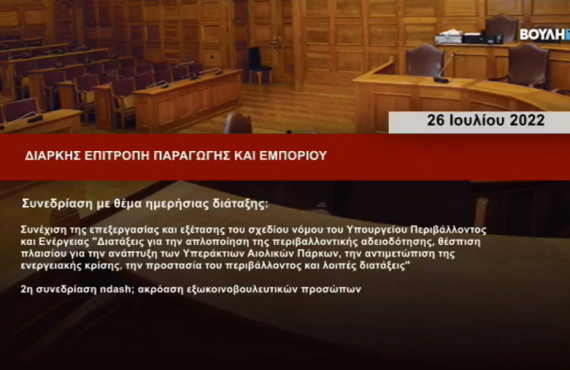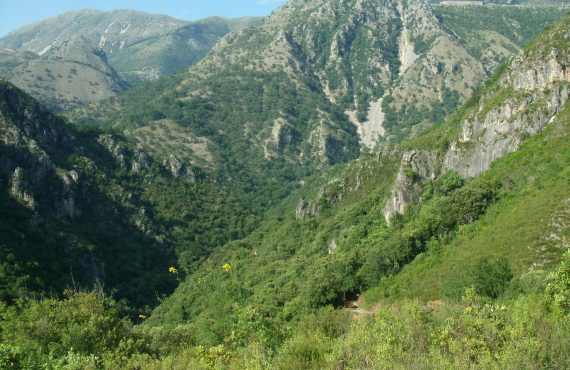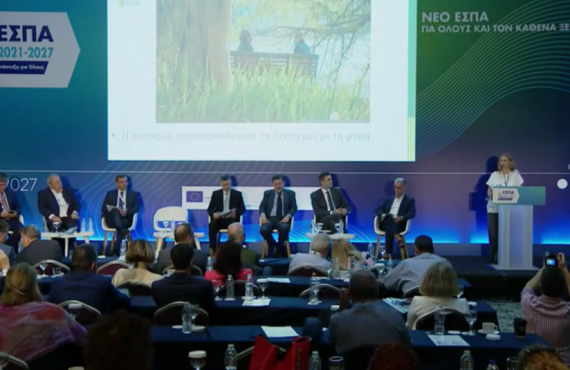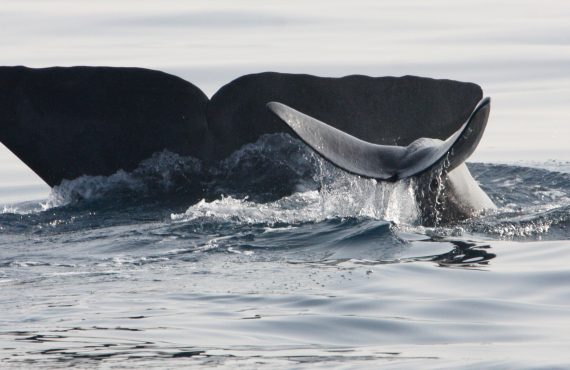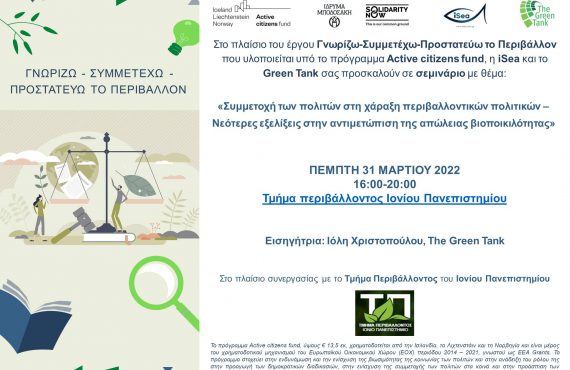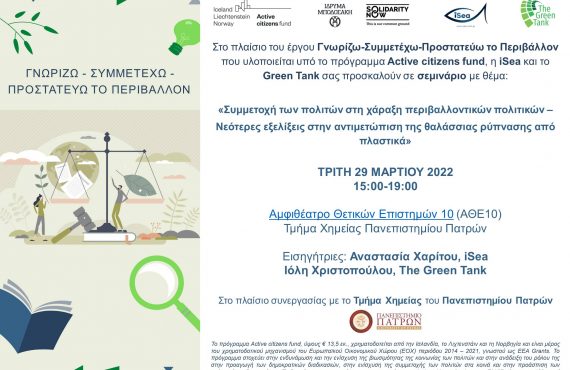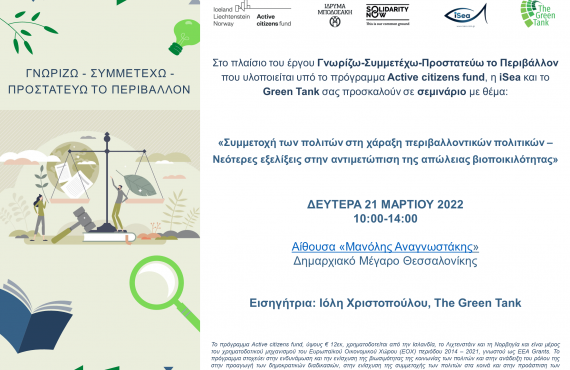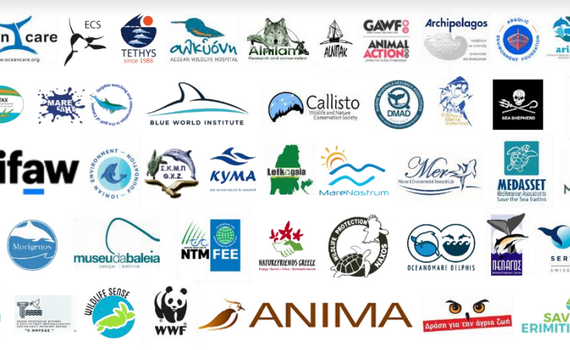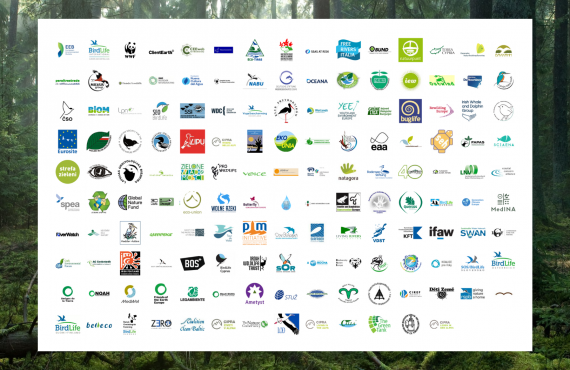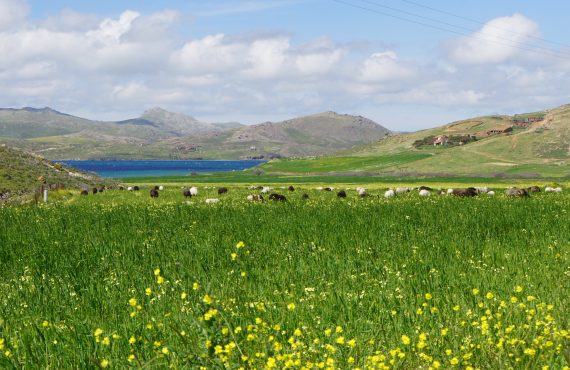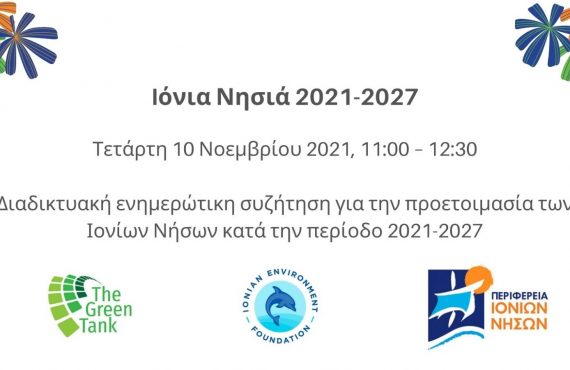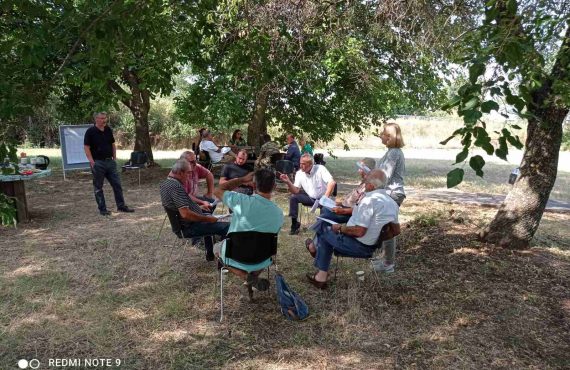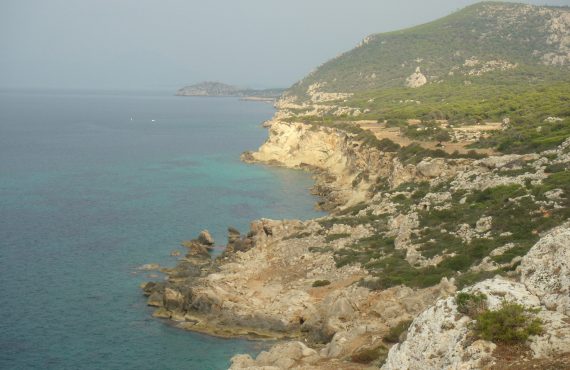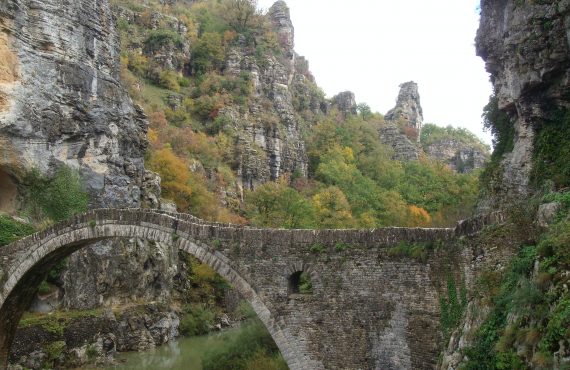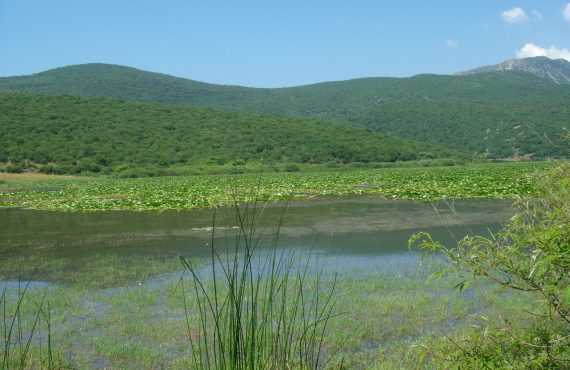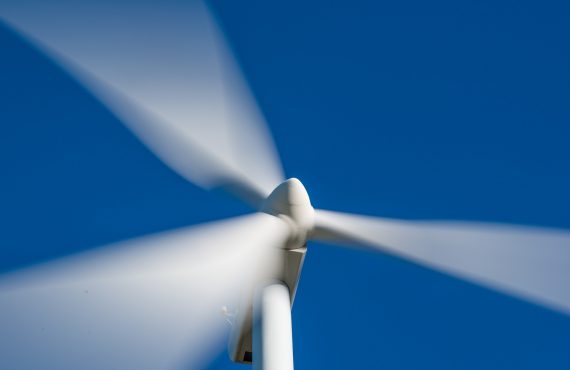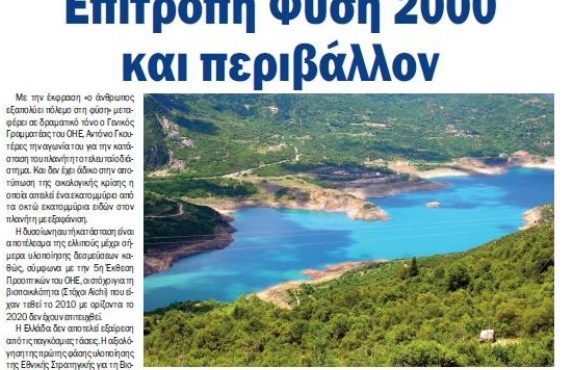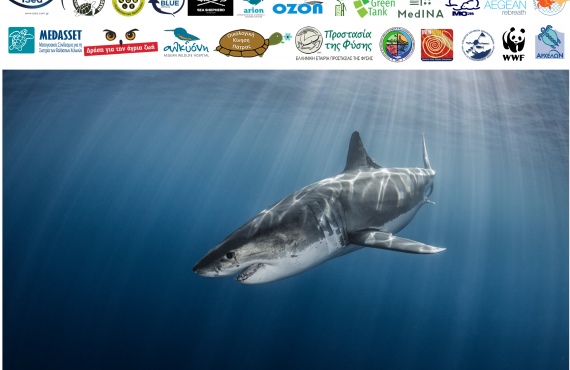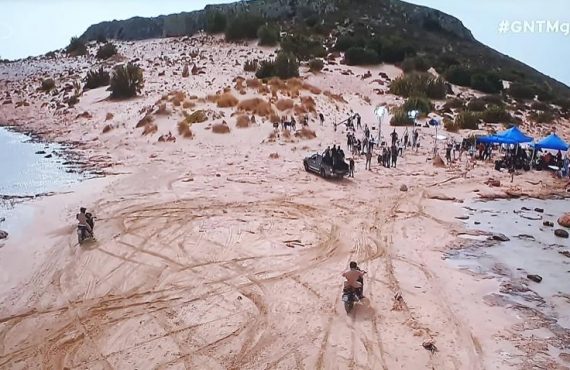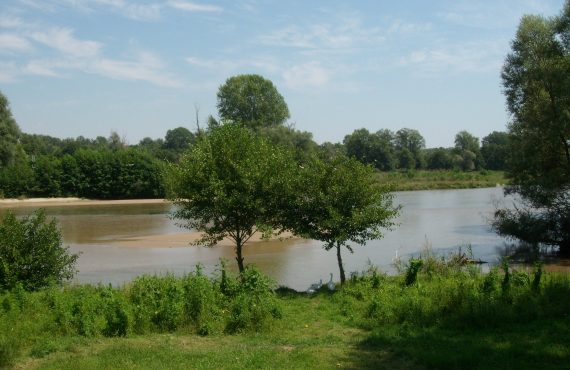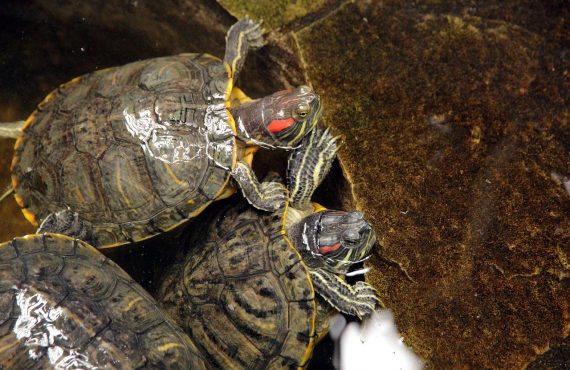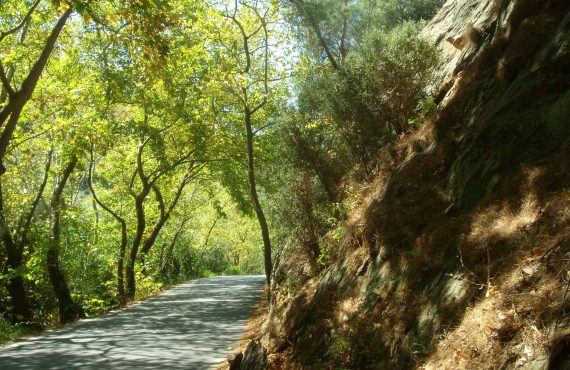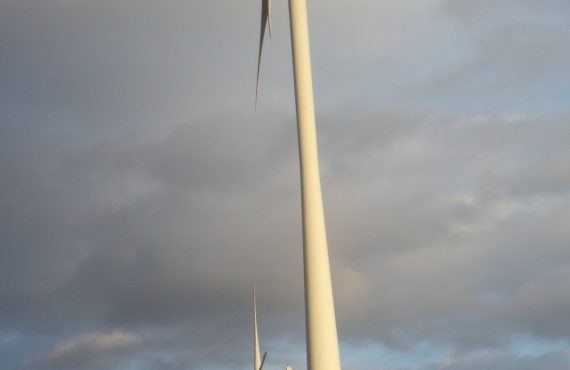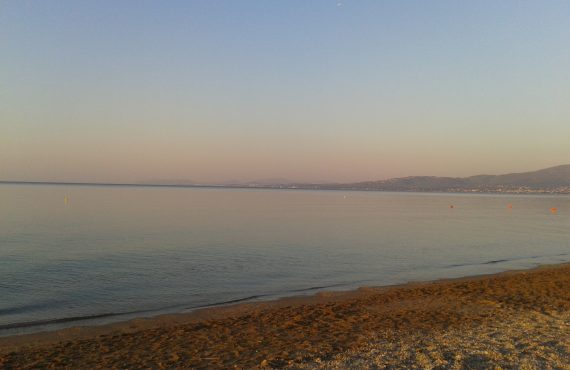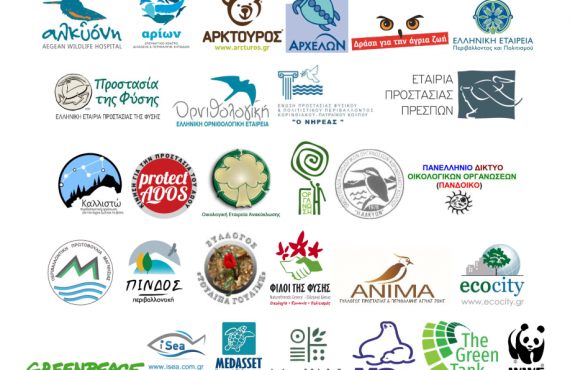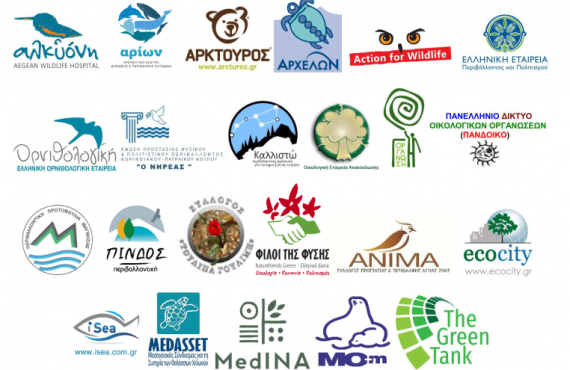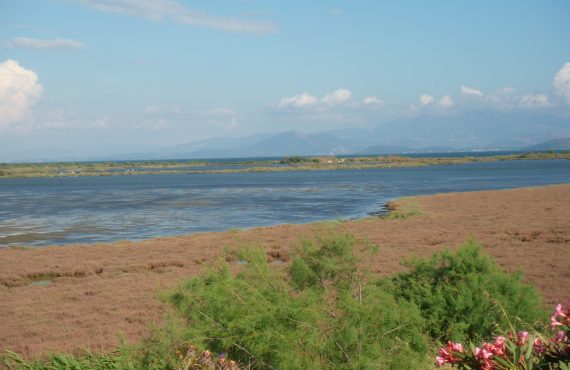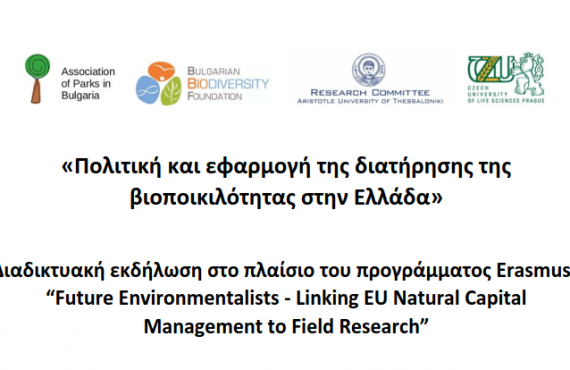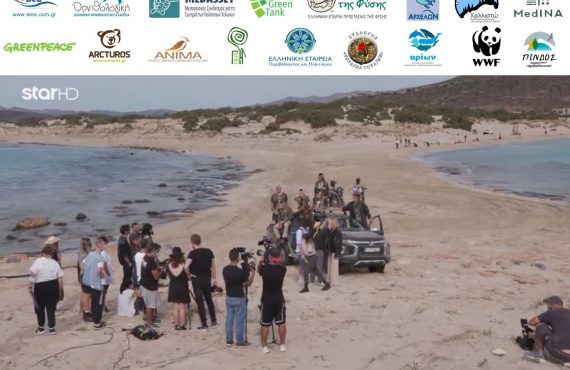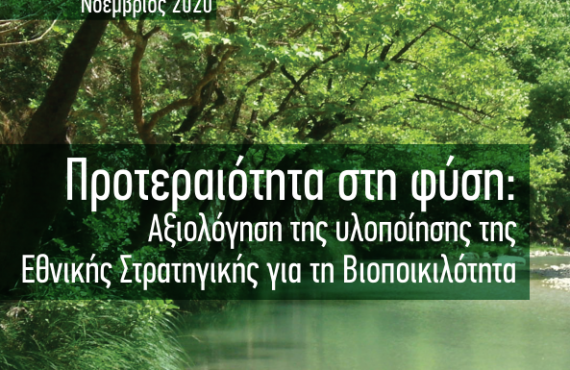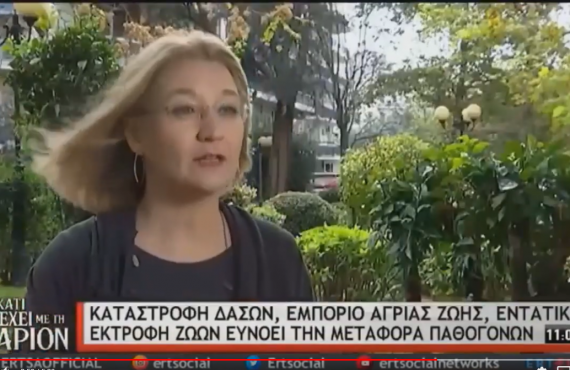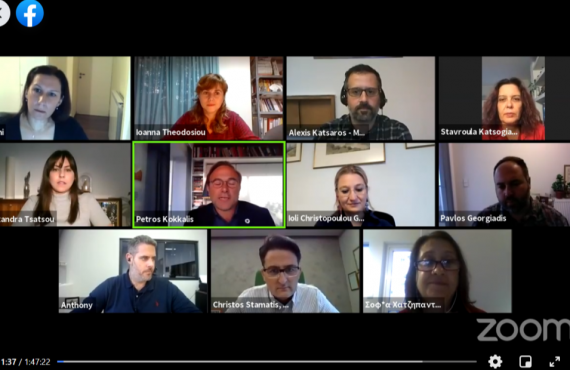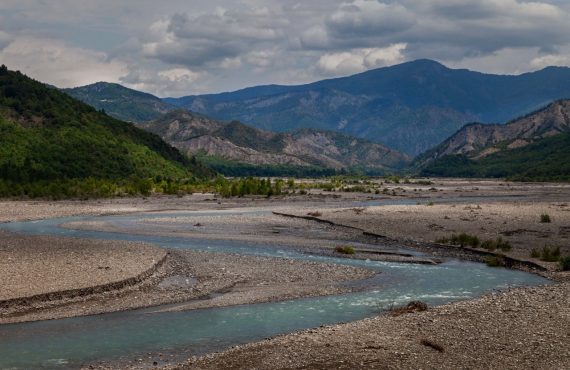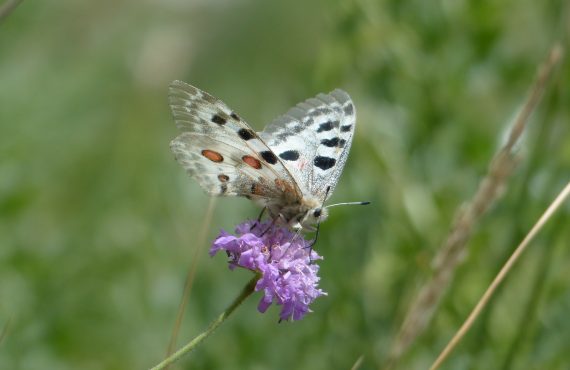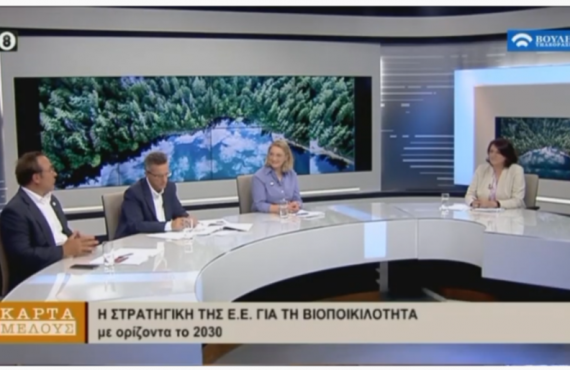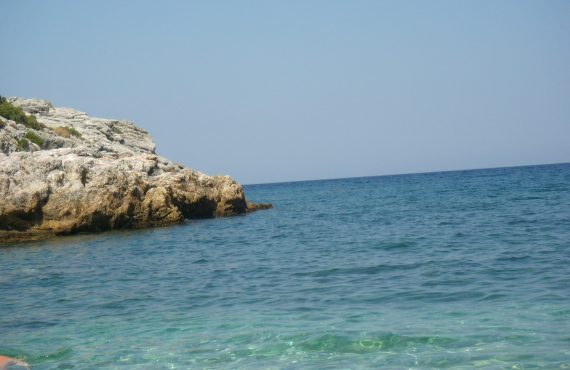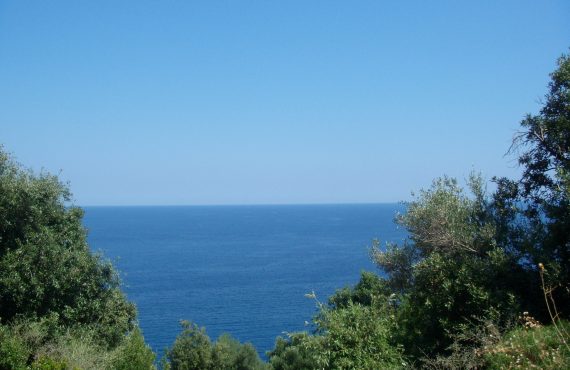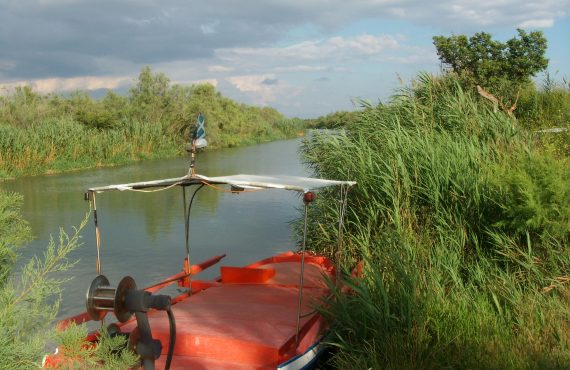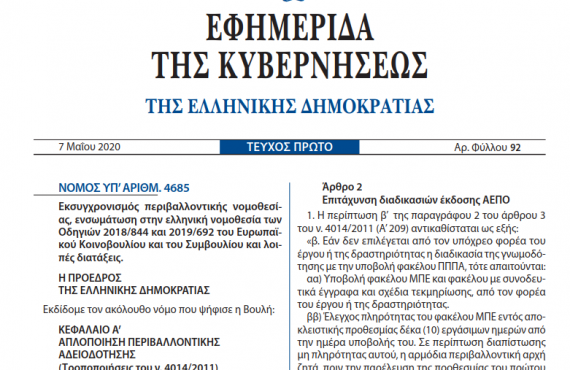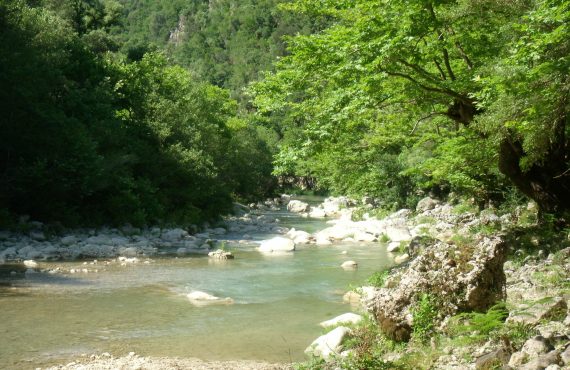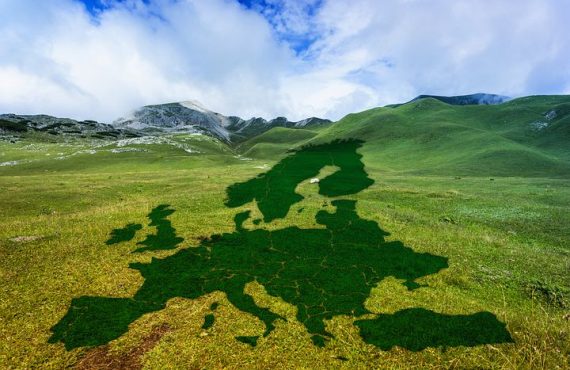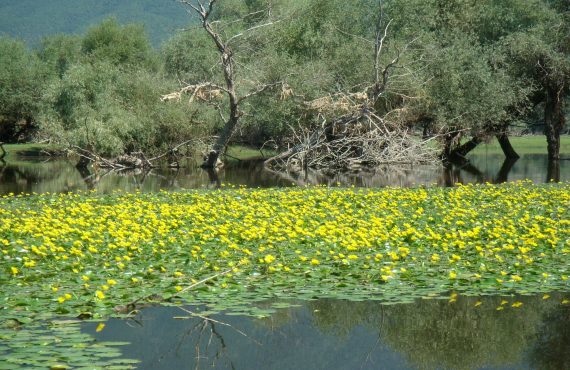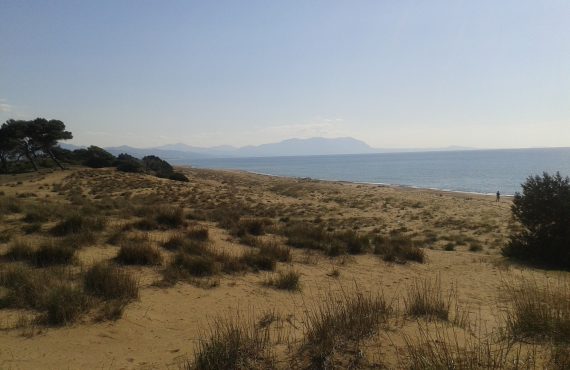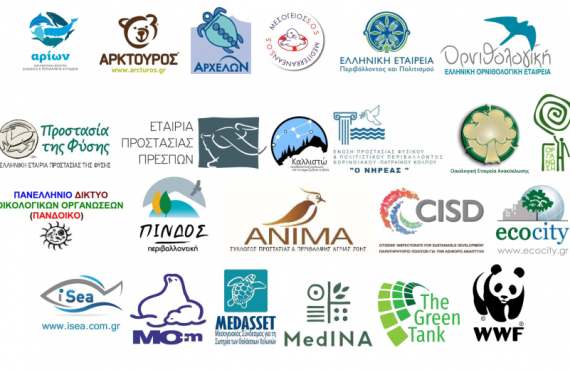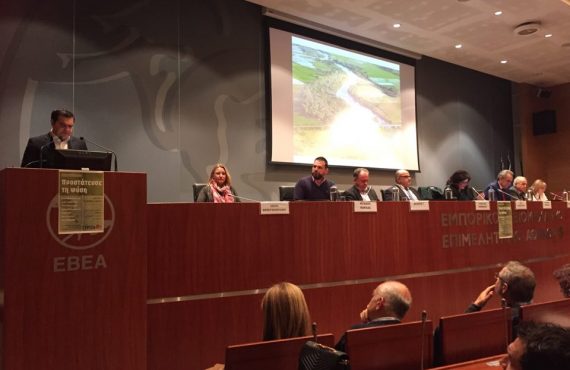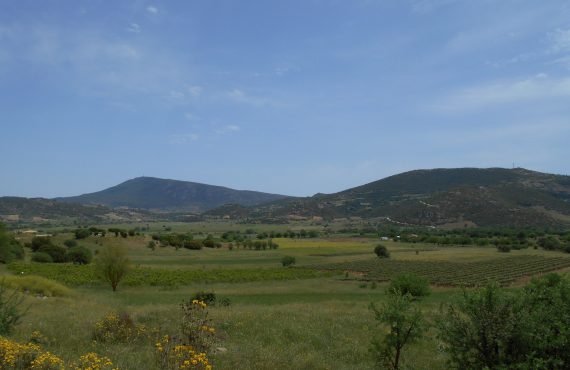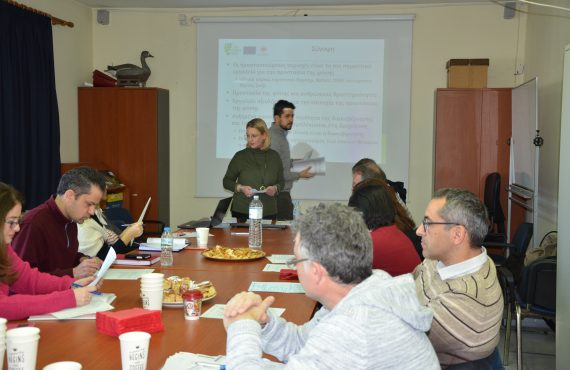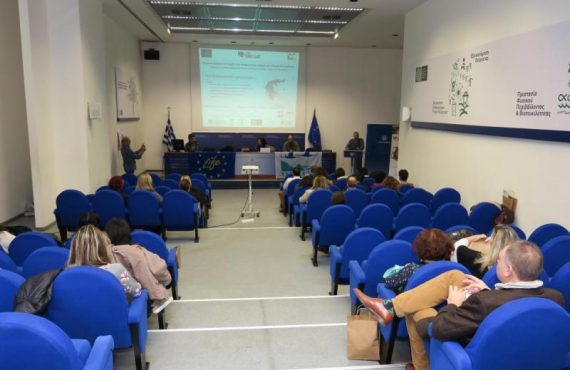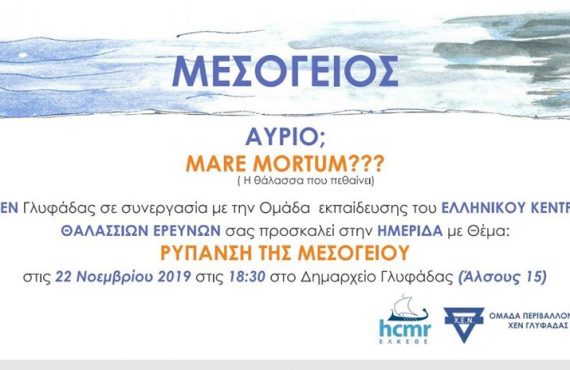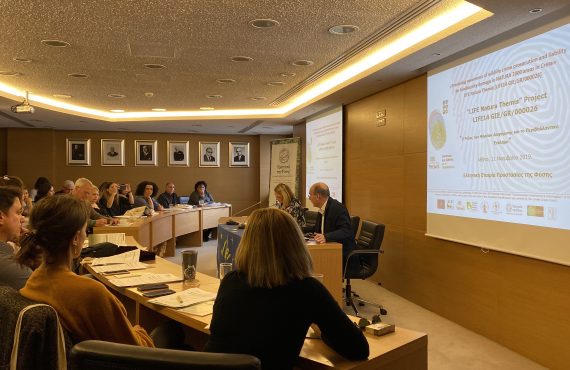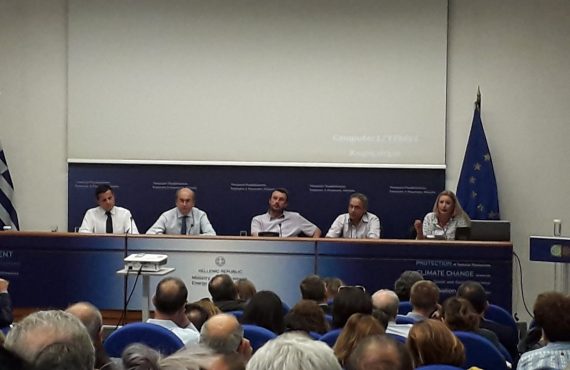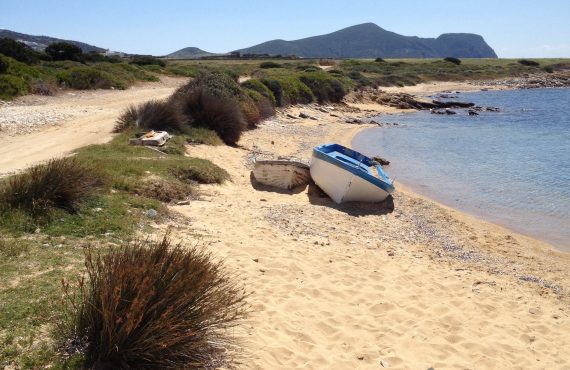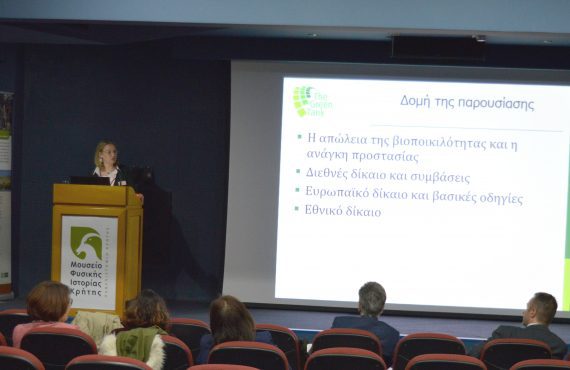In her contribution to the 12th Newsletter of the Hellenic Botanical Society, Ioli Christopoulou commented on the objectives set by the new European law for the restoration of nature and its importance for Greece. Her article entitled “New European Nature Restoration Law” stresses that the law announced by the European Commission on 22 June 2022 is the first law on nature in 30 years at European level, reflecting a tendency towards the prioritization of nature protection and restoration at international level. To this end, its provisions strengthen the implementation of the European Green Deal and the EU Biodiversity Strategy 2030.
As noted, the primary objective set by the new European Regulation is for nature restoration measures to cover at least 20% of EU land and marine areas by 2030 and to extend to all ecosystems in need of restoration by 2050.
Regarding the transposition of the new European law into the national legislation of Greece, Ioli Christopoulou stresses that there is a need to overcome the chronic delays observed in the implementation of the legislation for the protection of nature. Although the state of nature in Greece is better than in other EU-27 countries, the new law needs to be implemented immediately at national level. The Green Tank contributed to highlighting the advantages and challenges by co-organizing with the Institute for European Environmental Policy a relevant workshop with stakeholders and experts based in Greece.
The newsletter of the Hellenic Botanical Society was published on April 2023 and it is available at https://www.hbs.gr/newsletter.
Here follows the full article:
New European Nature Restoration Law
Ioli Christopoulou, Co-Founder and Policy Director, The Green Tank
On 22 June 2022, the European Commission presented its proposal for a new Nature Restoration Law. It is the first law on nature proposed at EU level in 30 years and the first on restoration. The proposed Regulation is an important step in implementing the European Green Deal, the 2030 EU Biodiversity Strategy, and is line with Target 2 of the newly agreed upon Global Biodiversity Framework.
The objective of the new Regulation is for restoration measures to cover at least 20% of EU land and marine areas by 2030 and for these to be extended to all ecosystems in need of restoration by 2050. This objective is translated into distinct binding targets, which Member States must achieve via National Restoration Plans. In particular, Member States must implement necessary restoration measures to achieve good conservation status of habitats within and beyond Natura 2000 sites as well as in river, forest and agricultural ecosystems, floodplains, pollinators and urban areas, which until now have not been covered by the EU’s Nature Directives.
The European Commission’s proposal is currently under review by the European Parliament and the Council. Negotiations between the three institutions will shape the final text of the Regulation.
The new law opens a new chapter in nature policy for Greece, which has a head start over other countries as the state of nature is in a better condition compared to the EU 27. However, Greece’s lead is accompanied by an asterisk: the country consistently shows delays and/or shortcomings in the implementation of nature protection legislation.
With this in mind, a few days after the announcement of the European Commission’s proposal, a workshop was co-organized by The Green Tank and the Institute for European Environmental Policy, which was attended by policy-makers, experts and other-stakeholders. Presentations were delivered by Anna Cheilari, from DG Environment of the European Commission, Vasiliki Chrysopolitou of the Greek Biotope and Wetland Centre (EKBY), Eugenia Apostolaki of the Institute of Oceanography Hellenic Centre for Marine Research (HCMR), Ioannis Tsiripidis from the School of Biology of Aristotle University of Thessaloniki, and Gabriel Aubert from IEEP.
The common thread of the presentations was that restoration projects need proper planning, based on solid scientific evidence, stakeholder participation and cross-sectoral cooperation. The workshop highlighted the main benefits of nature restoration in Greece, as reflected in a relevant IEEP policy brief completed by IEEP and the Green Tank. The ensuing discussion highlighted the existing opportunities in Greece for nature restoration as well as good practices, while acknowledging the advantages and challenges of implementing the new law at the national level.
References:
- European (2022) Proposal for a Regulation of the European Parliament and Council on nature restoration. COM(2022) 304 final. https://eur-lex.europa.eu/legal-content/EN/TXT/?uri=COM%3A2022%3A304%3AFIN
- Aubert, G., Costa Domingo, G., Christopoulou, I., Underwood, E. & Baroni, L. (2022), The Socio-Economic Benefits of Nature Restoration in Greece: Showcasing the potential benefits of upscaling nature restoration in Greece to meet the targets of the proposed EU Nature Restoration Law. Institute for European Environmental Policy. https://thegreentank.gr/wp-content/uploads/2022/07/202206_IEEP_PolicyBrief_Socio-economicBenefitsNatureRestorationGreece.pdf
- The Green Tank. 2022. Introducing the proposed EU nature restoration regulation and its benefits in Greece. https://thegreentank.gr/en/2022/07/05/proposed-eu-nature-restoration-regulation-benefits-greece-en/




